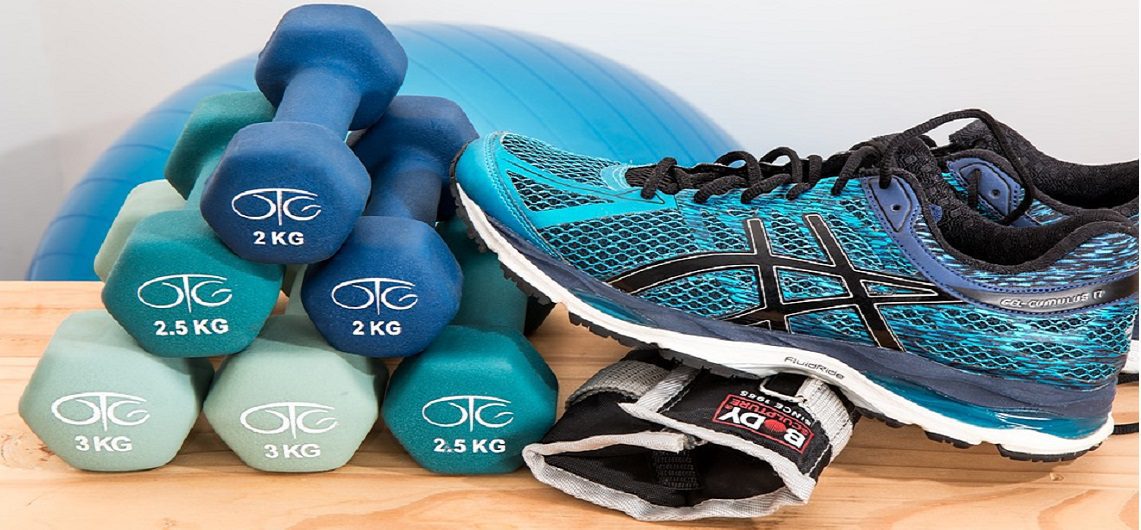by Spectrum Wellness
Millennials, those who have been born between the late 1980’s and early 1990’s, have taken over as the majority generation in today’s workplace. While there has been much discussion on the traits of millennials that make them particularly difficult to engage with in the traditional way (in all areas of the workplace), we believe that from the perspective of employee health and wellness, millennials can and will engage, if employers are pragmatic and flexible in their approach.
Employers need to focus on the pain points of their millennial workforce. One such pain point is work life balance. A recent study reveals that millennials are far more concerned about issues of work-life balance than older generations, with more than 40 percent saying they “work more than they should” and 36 percent indicating they “never have time to do the things they want to do.” Only 29 percent of Gen Xers and 20 percent of baby boomers feel the same about time spent working. Only 29 percent of Gen Xers and 13 percent of boomers say they don’t have enough free time.
Overwhelmingly, the greatest stressor for millennials is concern about finances. Close to half of respondents say they are worried about the future because of bills, the amount of debt they have accumulated and their lack of savings. Seventy-four percent of millennials worry they would not be able to pay healthcare bills if they get sick.
Less of a pain point and more of an opportunity, the combination of wellness and technology will lead to a path of success for employers. According to the study, nearly half of millennials (46 percent) say they currently use health and wellness solutions, such as devices, websites or apps to encourage and support healthy behaviours; 34 percent indicate that they plan to do so. By comparison, less than one-third of Gen Xers and only 14 percent of boomers currently use digital health technologies and only 26 percent and 10 percent, respectively, plan to do so. Twenty-one percent of Gen Xers and 44 percent of boomers say they are not at all interested in wellness technologies, compared with only 8 percent of millennials.
Make it Social
Millennials are social creatures and thereby an employee wellness programme that incorporates a social media angle to it will hit a sweet spot. There are lots of ways that his can be done – for example running a competition on an internal social media such as yammer to name your new employee wellness initiative. Or during a particular event or programme, you could encourage employees to share their progress on twitter or Instagram while using a designated hash tag.
Encouraging this type of sharing will be natural to the employee and will also share the good work you are doing with other employees and their network.
Make it a Challenge
Millennials are the most likely generation to be interested in “competitions” as part of a wellness programme. Introducing a company challenge is easy and can create a huge buzz around the company with departments competing against each other to log as many steps, crunches or distance cycled as possible. Competitions allow millennials to create bonds and connections with their co-workers through the common goal of winning and beating the other teams.
Use Technology
Make sure that whatever your wellness imitative is, that it connects with millennials in the way that they are accustomed too. If you choose the low tech option, or at least don’t have some wellness related tech within your wellness calendar, most millennials will discount your programme as irrelevant and not targeted at them. Does you EAP service have an app, video counselling or live chat? Are you encouraging the use of wearables? Do you have a wellness portal with live booking of events?
Wow Days
Everyone loves free stuff right? Well millennials definitely do, as their discretionary spending is much lower than previous generations with spiralling rents, low savings and higher expectations on personal appearance. Wow Days involve having a nail technician, a barber, or a hairdresser onsite to provide treatments for a day. These will go down a treat and keep employees engaged and active within your wellness programme.
Fitness and Nutriton Matter
Millennials are more conscious of their health than older generations as well. They tend to work out more, avoid using tobacco, and consider their health relative to norms. As such, millennials are more aware of their employee wellness program, which means they are more likely to participate in them. Only 56% and 49% of Gen Xers and baby boomers, respectively, reported having access to wellness programs compared to 71% of millennials. This has to extend beyond just providing gym membership as millennials are getting active in more diverse ways than ever through classes like TRX and bootcamp, and are using exercise time as social time too.











































